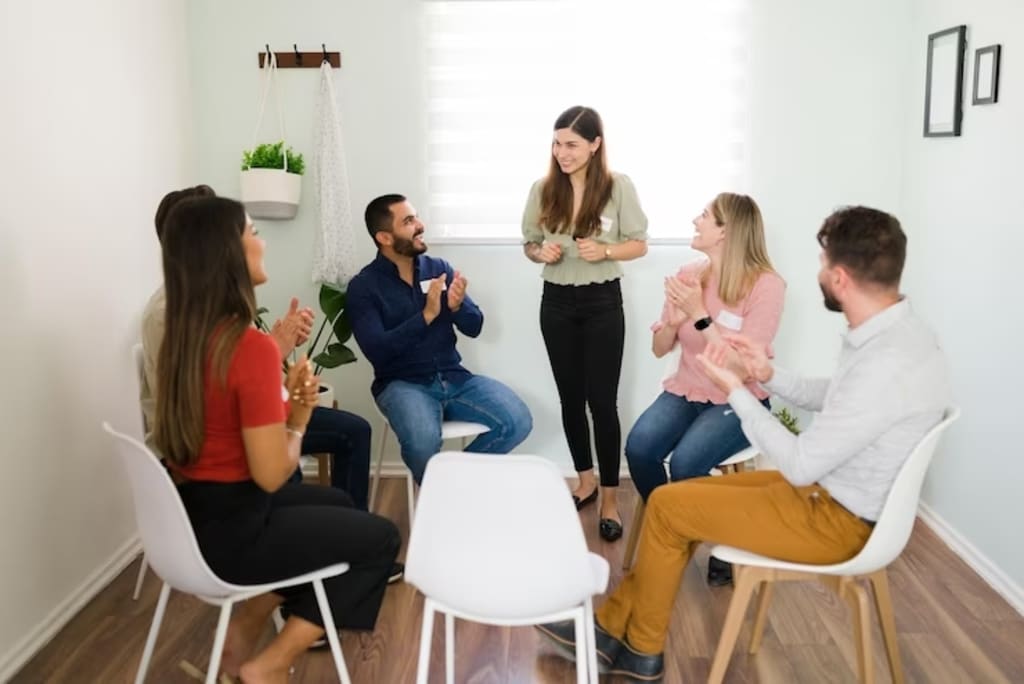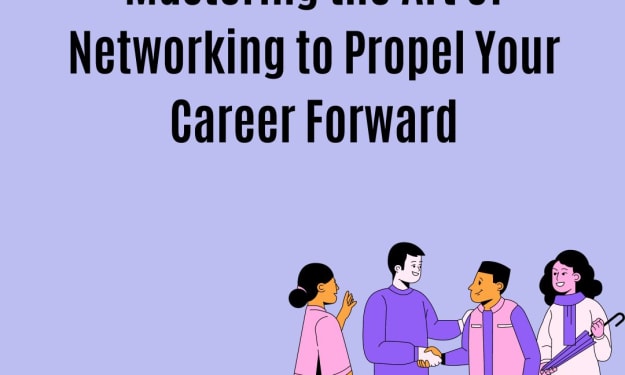
Many students begin to develop their maturity while pursuing higher education, as they are exposed to a wide range of fresh perspectives and ideas. It broadens students' perspectives and provides them with the crucial soft skills they require to achieve success at work. Moreover, students also get a plethora of career options at universities to choose from. These options confuse students, leaving them bewildered about which career to choose in university so that they can have a bright future ahead. Thus, most prominent universities offer a unique opportunity to examine yourself and decide what you could do to grow not just professionally but also personally.
These universities guide their students toward discovering a sense of purpose and meaning in their lives. They believe that the fundamental principles of education and teaching are optimism, well-being, and happiness. Moreover, they also believe that colleges are about more than just obtaining a degree.
Don't only focus on academic support:
Academic success cannot be achieved by students without adequate support systems. This may be provided by BBA colleges through organisations, extracurricular activities, academic counseling, athletics, and mental health services. Learning doesn't take place in a vacuum. Students who have supportive networks are more likely to feel self-sufficient, which is essential for academic growth.
Offering possibilities for work-integrated learning by providing students with on-the-job training:
Students often start to develop a sense of purpose when given the chance to explore and venture outside of their comfort zones during "purpose-seeking" activities. These possibilities consist of at least one of the following three components: a major life event, important charitable work, or changes in one's personal circumstances.
Exposing kids to experiences outside of the classroom, whether it be a trip to a foreign country, a strenuous wilderness trek, or working on a project in their neighbourhood, can be immensely transformative. Students are more likely to engage in such activities, which help them learn many life-skills and explore more about their interests.
Students who are given the opportunity to experience life outside of the classroom are better at understanding what is going on in the real-world. Whether it is business or sliding into workplace culture, they adapt easily. Moreover, they also hone crucial job skills like effective leadership and communication.
Help students create a professional network:
Teachers are invaluable resources for students looking for guidance on academic and professional matters. However, that should not be the only source of guidance; students should also do networking beyond it.
When students get the chance to network with alumni or well-known figures in the community or field they are involved in, they are able to identify concrete ways through which they can achieve new heights in their career after high school or college and form meaningful relationships that will help them all through their lives. Although students from less affluent socioeconomic backgrounds may lack the same networks as other students do, a deliberate emphasis on networking can also contribute to equal opportunities.
Establish a link between the world's events and the classroom:
Students will need to be prepared for things like technological advancements, political movements, and novel ideas when they enter a profession. Students can feel assured that they are equipped for the realities of the workforce when teachers make sure their instruction is current with modern trends and best practices in their industry.
Students in women’s colleges typically interact while working on their assignments. This gives students more opportunities to expand on their unique perspectives through teamwork.
This kind of education promotes critical thinking and personal development. By being forced to think independently, students learn to form their own opinions.
Colleges should encourage students to reflect on their experiences and engage in self-assessment activities to help them understand their values, beliefs, and goals. All of these steps can help students develop confidence and a clear vision, which are essential for pursuing their goals and aspirations.





Comments
There are no comments for this story
Be the first to respond and start the conversation.